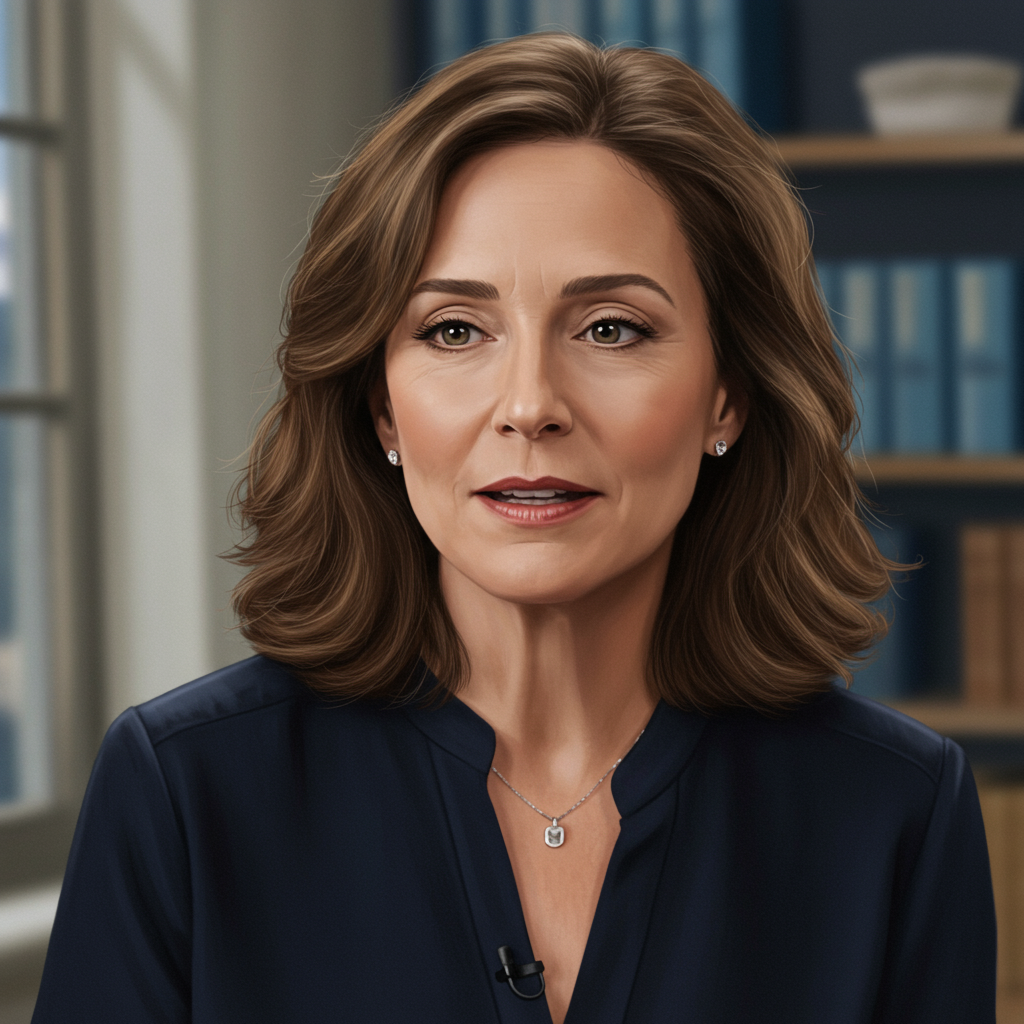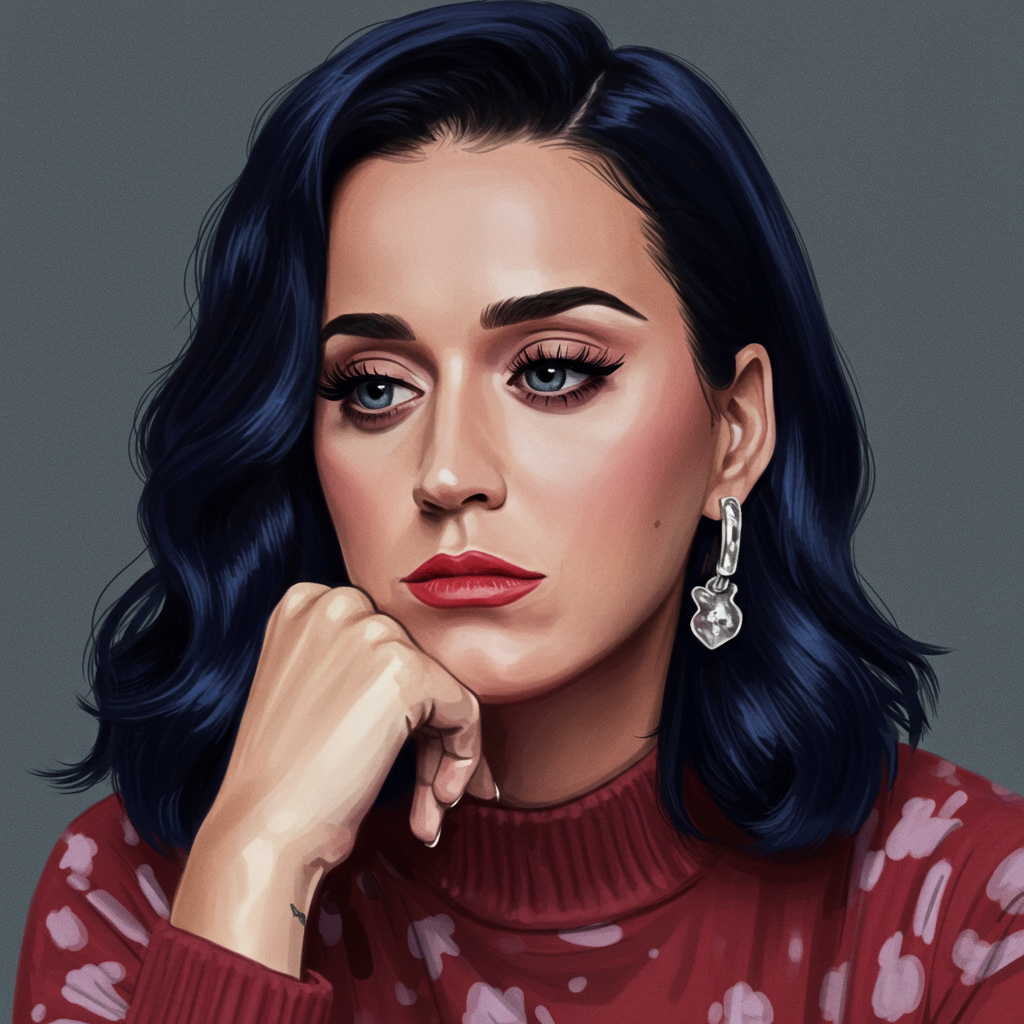A new documentary, “Barbara Walters: Tell Me Everything,” offers viewers an intimate look beyond the public persona of the legendary journalist. While celebrating her groundbreaking career, the film produced by Imagine Documentaries and ABC News Studios delves into her personal life, exploring her childhood, unwavering drive, and pivotal relationships.
Director Jackie Jesko aimed to capture “all angles” of Walters. “It’s not only her record-breaking insane television career,” Jesko explains, which saw Walters interviewing everyone from dictators to celebrities with unparalleled skill, “it’s also who she was, what made her tick, and really her greater contribution to the industry.”
The film draws heavily from ABC News archives, where Walters made history as the highest-paid news anchor in 1976 and concluded her career in 2016 after co-creating and hosting The View. It features insights from prominent women journalists like Oprah Winfrey, Katie Couric, and Connie Chung, offering perspectives on Walters’ rise, the sexism she battled, her feelings of inferiority, and her enduring impact after her passing in late 2022 at age 93.
Speaking about piecing together Walters’ complex life for the Hulu documentary, Jesko discussed the interviewees they secured, those who declined, and notably, the absence of two significant figures: Walters’ daughter, Jacqueline, and fellow ABC News anchor, Diane Sawyer.
Why Barbara Walters’ Daughter Isn’t Featured
Despite being a central figure in Walters’ personal life, her adopted daughter Jacqueline isn’t seen in the documentary. Jesko confirmed that the filmmakers reached out to Jacqueline “a couple different times, a couple different ways.”
However, those close to Jacqueline indicated that participation was unlikely. While she was aware the documentary was being made, she ultimately did not participate.
Addressing the Perceived Diane Sawyer “Feud”
The documentary touches upon the long-speculated rivalry or “feud” between Barbara Walters and Diane Sawyer, a narrative often cited as evidence that Walters didn’t support other women in the field. While Sawyer does not appear in the film, the documentary uses her absence to address this perception directly.
According to Jesko, Barbara Walters herself would deny that there was a feud. The film provides crucial context, highlighting how ABC News President Roone Arledge, known for pioneering the “news as entertainment” approach, intentionally fostered a competitive environment among his anchors. Jesko describes this as a “tough situation to walk into for anybody.”
Significantly, many women interviewed for the film, including Cynthia McFadden, Katie Couric, and Connie Chung, shared positive experiences, stating that Walters was supportive and defended them at various points in their careers. This suggests that rather than a “monolithic” narrative of non-support, Walters’ relationships were individual, and many found her to be a helpful figure. The filmmakers sought Diane Sawyer’s participation, and while she chose not to be involved, the documentary uses the opportunity to offer a more nuanced perspective on their dynamic within the context of their workplace.
Piecing Together a Legend’s Life
The film’s deep dive into Walters’ life relied heavily on archival footage – literally thousands of hours. Jesko and the team gained unprecedented access to ABC News archives, uncovering not just her famous on-camera moments but also “unguarded moments” where she was simply having normal conversations or being off-the-cuff, helping to build a more intimate portrait.
Beyond archives, Walters’ own voice was pieced together from various interviews she gave over the years, including those for her autobiography “Audition” and appearances on programs like those by the Television Academy and NPR.
To fill in details about her childhood, motherhood, and relationships, the filmmakers relied on friends and colleagues who could provide perspective. A particularly surprising discovery for Jesko was the impact of Walters’ early life. Growing up in the backstage world of her showman father’s nightclubs, meeting celebrities as “real people,” likely contributed to her fearlessness in interviews later on. Even more profoundly, the family’s sudden financial ruin when Walters was in her early twenties forced her, at a time when few women worked, to become the primary financial support for her family, including a mother without work experience and a sister with a disability. This “riches to rags” experience and the fear it instilled, Jesko believes, “propelled her entire life.”
The documentary also includes insightful moments, such as Oprah Winfrey’s reflection that Walters’ career influenced her own decision not to have children, adding a layer to the ongoing conversation about balancing work and personal life for high-achieving women.
Ultimately, “Barbara Walters: Tell Me Everything” seeks to present a full picture of an iconic journalist, acknowledging her groundbreaking achievements while exploring the personal struggles and motivations that drove her, even as the landscape of news and celebrity interviews shifts dramatically in the age of social media.
“Barbara Walters: Tell Me Everything” is now streaming on Hulu.
References
- www.hollywoodreporter.com
- <a href="https://www.imdb.com/news/ni65348582/?ref=nmnwr_1″>www.imdb.com
- www.hollywoodreporter.com
- www.hollywoodreporter.com
- www.hollywoodreporter.com


